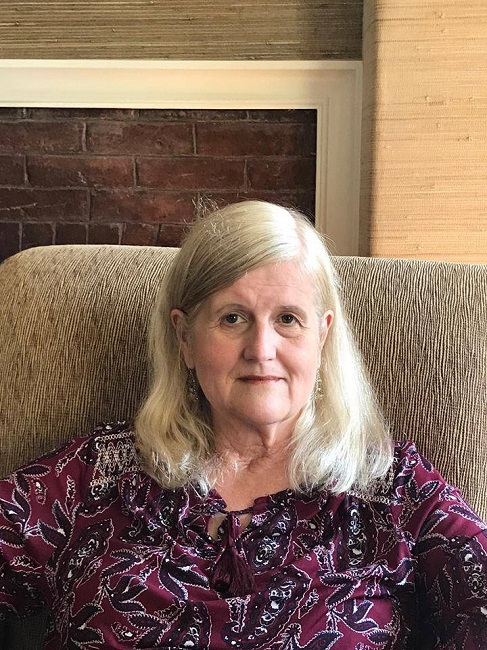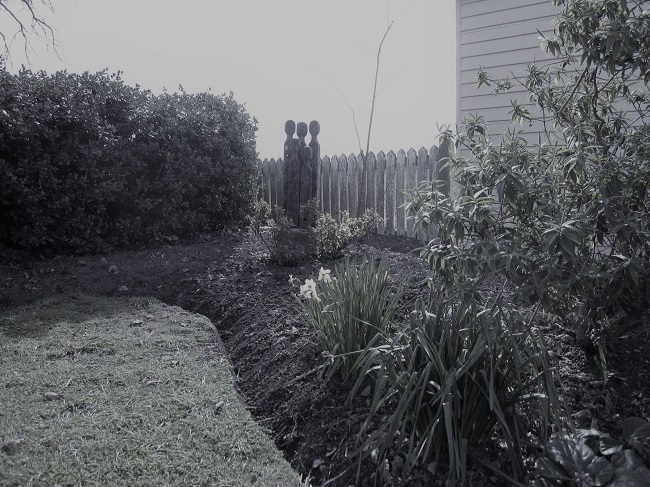
Family Group
Sandra Arnold
digital photography
3648 pixels x 2736 pixels
©2019
introduction to sacrifice by krysia jopek:
It’s a pleasure to feature New Zealand writer Sandra Arnold’s new flash fiction, published flash fiction, excerpts from published fiction, and an interview conducted with me earlier this month. Please enjoy Sandra’s literary art and details about her writing process, her literary reception in her home country and around the world.
new flash fiction:
The Sacrifice of Teeth
She had a photographic memory, so she could recall conversations, the expressions on people’s faces, the tone of their voices, the setting, the weather, the colours, the smells. If she needed a detail in the telling of a tale all she had to do was rewind the film in her head. What she wasn’t good at remembering were numbers and directions. So when her father asked her to deliver a bag of freshly dug potatoes to a house in a different neighbourhood and collect payment for them she ended up at the wrong house.
Part of the reason for this was that she was paying too much attention to the hated fur-lined boots on the end of her legs as she trudged through the snow, stepping on frozen puddles, seeking solace in the splintered ice glinting in the winter sun.
Her father’s tongue-lashing had included many words in response to her objections to the ugly brown boots, the most incomprehensible being that the red boots she’d set her heart on would attract the wrong sort of attention. But the word that slid behind her eyes and made them water was ‘sacrifice’. He’d been saving up to buy new dentures, he said, and her warm feet came at the cost of his teeth. So she pulled on the brown boots and zipped up her lips.
And there she was, knocking on the wrong door, making breath clouds in the frozen air, snapping icicles off the black branch of an overhanging tree. And when the door opened she explained her mission and the man told her to leave the potatoes on the doorstep and come inside. He told her to leave her wet boots in the hall and showed her into a room with green walls and a green sofa and a green chair and a china cabinet. He told her to sit on the sofa and wait. She heard his keys rattling as he locked the front door.
There were no pictures on the walls. No photographs. The china cabinet was empty. A mousetrap with a severed tail poked out from beneath the chair. Snowflakes drifted past the sash window and clung to the glass. A hawk glided in the white sky, a rabbit hanging from its claws. The room was cold as if no one had breathed in it for a long time. It smelled of dead dreams. It filled with the sound of her thudding heart. And as the door to the green room opened she sprang across the bare boards to the window.
She left the potatoes on the doorstep and her boots in the hall and slipped and tripped all the way home. By the time she fell through her own front door her feet were blue. Her father’s face was a storm cloud, his words like lightning strikes. Her teeth rattled in her jaw, locking her words inside.
©2019
Saints and Sinners
Devlin watched the sun sink below the rooftops and started enthusing about the next team-building weekend he was planning. “Jebel Akhdar! You haven’t lived until you’ve sat on top of the green mountain and watched the sun break through the morning mist. It’s like watching God creating the world.”
But everyone was listening to Kassidy.
Yesterday she was panicking over her dental appointment, so I recommended a massage at the Moroccan Hammam afterwards.
Now, she had everyone’s eyes popping at her blow-by-blow of what happened there.
All eyes swivelled to me.
Rick winked. “Alexa!” And held up his glass of wine.
Ignoring him I said, “But you must have given her signals.”
“I didn’t. It’s a natural consequence of segregated societies, don’t you think?”
Hafiz dropped cross-legged onto the edge of the roof, his back to us, and stared at the streetlights arcing out to the Arabian Sea.
“But if you close your eyes there’s no difference,” Kassidy insisted. “She could just as easily have been a man. In fact, to be honest, it was better!”
Marty cracked up.
Crispian and Dom moved away from our group to join Hafiz.
“So … are you going again?” Rick asked with studied casualness.
Kassidy’s face arranged itself into a saintly expression.
On my first day, Phillipe, the Director of Studies, asked Kassidy to give a workshop on teaching phonemics. Pronunciation was her topic for her Master’s dissertation. Kassidy wrote on the whiteboard in phonemes: “The most important things in life are manicures, pedicures and massages.” Hussein, the CEO, arranged his face in a studious expression, pretending he could read the sentence. Philippe glared at Kassidy. She blew him a kiss. A bubble of laughter grew in my belly until I felt I would burst. Neither Hussein nor Philippe noticed, but Kassidy did. After the workshop she invited me to go rollerblading with her that evening in the car-park of the Intercontinental.
In the dark, empty car-park, holding our blades, we collapsed like a couple of schoolgirls, helpless with laughter.
Still chortling over Kassidy’s story we finished the food and drank the last of the wine.
“So … Jebel Akhdar?” Devlin tried again.
Crispian left with no goodbyes.
Rick was drunk so Hafiz gave him a lift home.
Dom packed up his CD player in silence.
Marty looked at him and rolled her eyes.
To Kassidy she whispered, “When are you going back?”
©2019
four flash from Soul Etchings:
River
Jack climbed to the top of the macrocarpa and found River already there. She was talking to a young blackbird in her cupped hands. The bird showed no signs of wanting to leave. River said it would know when the time was right. She waited. Jack held his breath. The bird quivered and spread its wings. Jack watched it fly away until it was just a speck on the nor’west arch. He let his breath out slowly.
He crawled along the branch to River. Beads of rain on spider webs shivered like torn lace between the branches.
‘He would have died if you hadn’t found him.’
‘Maybe,’ River said.
She asked him to tell her about the best bits of his day. He told her he’d seen the waning moon. He described the sound of cracking ice on frozen puddles, the patterns of his breath on the morning air, the coral-tint on the ridge of the Alps and the shrill cry of pukeko.
Then she asked about the worst bits. He told her about his birthday party. How he’d forced himself to listen to birthday greetings from children he knew despised him. How he’d pretended he enjoyed the party games, the tell-a-joke competition, and blowing the candles out on the cake his mother had made in the shape of a football field. How when the last child left he’d heard his mother say, ‘We did the right thing inviting his friends.’ And his father said, ‘Invite? You bribed them! Jack doesn’t have friends.’ And his mother said, ‘No, that’s not quite true. He told me he has a friend called River.’ And his father said, ‘River? What kind of a bloody name is that!’ And his mother said, ‘Oh I think it’s a lovely name for a girl.’
And his father said, ‘A girl? Jeez!’ And his mother said, ‘Well, that’s better than no friends, surely?’ And his father slammed the door on his way out.
When he finished telling her all this River told him what he wanted to know about the sun and moon and stars and the navigation system of birds. She told him about the way the moon influenced tides and the way dolphins communicated and how giant turtles swam great distances to return to the place they were born to lay their eggs. When she finished they watched the night fold itself around them. They breathed the scents of eucalyptus and pine.
River asked where his mother thought he was now.
Out in the paddocks helping his father.
And where did his father think he was?
In his bedroom, reading.
She asked if he wanted to go home.
He shook his head. He asked her where she went each night.
‘Over the hills and far away.’
He asked if he could go with her.
‘You can,’ she said. ‘But you wouldn’t be able to come back.’
‘That doesn’t matter,’ he said.
‘In that case we can go whenever you’re ready.’
‘I’m ready now,’ Jack said.
House Rules
Soon after moving in I learned that I could never rely on the house to maintain its equilibrium. Some days it was petulant beyond belief. As long as I made it the centre of my world it gave me its best. But whenever I tried to introduce change, for example, the time I brought the kitten home, it sulked. Light bulbs blew. The windows stuck. The washing machine broke down. In the end it was easier to comply. After I returned the kitten to the shop the house settled down and hugged me again. Cushions stayed on the sofas. Cupboard doors stayed shut. Knives stayed nicely lined up in the drawers.
I once tried to explain that I did get a bit lonely since my mother died, even though the money I inherited from her enabled me to buy my dream home. I felt the house soften at being called that so I risked telling it that after twenty years of looking after my mother I missed having a living being to care for and the kitten would have been a nice companion. That was a mistake. Windows flew open letting in the wind and rain. Mould grew overnight in the shower. All this meant extra work for me, of course, and I realised the house felt I should be content just taking good care of it. After all, it did provide me with comfort, warmth and a beautiful garden ready to fill with flowers. So, yes, I could see that I must have come across as ungrateful. I tried to make amends by spending more time cleaning and polishing and digging.
One day a brochure arrived in the mail advertising river cruises in France. I hadn’t had a holiday in years, so on the spur of the moment I rang the travel agent and booked one. I felt guilty packing my case and almost changed my mind. Next morning I saw my clothes strewn across the floor and my passport torn in two. I cried with disappointment, but I’ve never been good at confrontation so I cancelled the holiday. The house breathed again.
A week later I bumped into one of my neighbours in the library. I’d noticed him in his garden occasionally and we’d nodded and smiled and gone on our way. This morning, however, he stopped, introduced himself as Adrian and asked how I liked the house. I replied that I loved it, though it was hard work. He commented that I’d been the longest occupant there that he could recall. ‘It was waiting for the right person,’ he smiled. ‘Someone who would treat it the way it deserved.’
After that, Adrian took to stopping at the gate whenever he saw me in the garden and sometimes he brought me cuttings from his own plants. One day he noticed the rosebush I’d transplanted was wilting and said he’d drop off some rose food. That evening there was a knock at the door. Adrian stood there with a big bag of Rose Gro and a bottle of Merlot.
I invited him in. We drank the wine and talked about roses and the best way to make compost. When he left I realised I hadn’t enjoyed myself so much in ages. I even started humming as I washed the glasses. One slipped from my hand and smashed on the floor. As I picked up the shards a particularly sharp piece sliced my wrist. A spout of blood arced from my arm to the wall. I grabbed a tea towel and pressed down hard. When the bleeding stopped I felt so light-headed I went straight to bed.
Next morning I opened the kitchen door to find all the contents of the cupboards and drawers on the floor. My mother’s best china lay in pieces amongst splattered sauces and jams. Again I cried, but recriminations were pointless, so after sweeping and washing the lino I decided to walk to the library to calm down and leave the house alone to reflect on its behaviour and, hopefully, feel ashamed of itself.
Adrian was passing the gate as I walked out with my books. He said he was going to the library too and asked if I fancied a coffee afterwards. I did. And this time we didn’t talk about compost. He said he kept his yacht in the harbour and asked if I’d like to go sailing with him at the weekend. In a spirit of rebellion, I said yes.
How the house found out, I have no idea. I took great care not to alter my routine. I tried not to appear too happy. I read my book every evening as usual. On Saturday morning I dressed in my weekend jeans. But when I put my key in the lock to open the front door it jammed. I tried the back door and the side doors and even the windows. All stuck fast. I knew then the house wouldn’t let me out. I knew too that it no longer trusted me. It would watch my every move. It would disable my car every time I tried to leave. I wondered what would happen when I ran out of food. I picked up the phone to call Adrian. The line was dead. I heard a crash and ran into the kitchen. The knife drawer was on the floor. The walls were shaking.
Bits of plaster were raining from the ceiling. I’d never witnessed such anger, such determination to make me comply. So I had no choice.
I snatched the firelighter from the stove and headed for the curtains. In retaliation a shelf full of teapots dislodged itself from the wall and aimed at my head, knocking me to the floor as the curtains ignited. I lay there in a spreading viscous pool. Through smoke and flames I thought I heard the house screaming. I thought I heard a fire engine. But I wasn’t certain I’d heard either.
A Voice Called Gavin
‘I’m so excited about my high-tech TV,’ she tells her mother on the phone. ‘I can talk to it through a voice recognition app called Gavin and tell it what programme I want. It even gives me recommendations based on my preferences. I’ve bought coloured lights and installed them behind the screen and I tell the app to switch on the lights. Some nights I just lie on the sofa and watch the colours flare up the wall. It’s like being immersed in the most beautiful sunset you can imagine. When I go to bed the app switches off all the lights. In the morning it wakes me in a cheerful voice, but not too cheerful because the software recognises that I’m a bit grumpy in the mornings. It tells me the weather forecast and the day’s news. I feel like I’m living in the future. These days I can’t wait to get home to talk to Gavin and have a play with the lights.’
She hears her mother’s intake of breath. ‘Have you been out anywhere lately? Seen anyone? Read any books? What about that course you were taking?’Read any books? What about that course you were doing?’
‘No. Honestly, Mum, I’m having such fun with this stuff that my evenings are full. My days at work are so busy that I’m knackered by the time I get home, so I don’t feel like going out.’
‘Yes, but… you need outside interests… you’re still young… you won’t meet anyone if you never go out.’
She wants to tell her mother that she doesn’t feel alone anymore, that Gavin shows more concern about her than whatshisface ever did. She thinks the software must have picked up on the sadness in her tone and responded to that. Or it could be the facial expression app that allows it to predict her mood. Last night she felt a bit low, and without her even initiating a conversation Gavin spoke to her in such a kind voice she couldn’t help shedding a few tears. He immediately dimmed the lights and played soft music. He recited Remember by Christina Rossetti. Before she drifted off to sleep she wondered how he knew that was exactly the poem she needed to hear at that moment.
She wants to tell her mother all this to assure her that she doesn’t need to worry about her anymore. She wants to tell her that she feels safe now. But before she gets the words out, the TV screen flashes a warning. Gavin is telling her not to say anything. So she doesn’t.
The Girl with Green Hair
Mattie got it into her head that the child was too afraid to come into the world. One night this thought was so strong she couldn’t sleep. She got out of bed, dressed quietly so as not to wake Trill and went outside. The old sycamore stood in a pool of moonlight, its branches brushed with silver. Mattie heaved her belly up with her arms and walked over the damp grass to the tree. She leaned against the trunk, feeling the texture of the bark on her skin, listening to the night sounds of birds and the scuttling of small creatures. She breathed in the earth smells of the surrounding fields. She made her child a promise.
Next day Hathor was born. Mattie and Trill buried the afterbirth under the sycamore tree.
Trill’s parents, not unexpectedly, refused to attend the ceremony and took the opportunity to voice their displeasure at Mattie’s naming their only grandchild after an Egyptian goddess.
‘Hathor? Lady of the sycamore?’ Trill’s mother shook her head in disbelief.
Nor was she soothed by Mattie’s explanation that the goddess, like the tree, embodied the qualities of sky, love, joy, beauty and music. Everything, in fact, that she wished for her child.
‘What nonsense!’ Trill’s mother said. ‘She’ll never fit in anywhere with a name like that.’
‘So… you didn’t feel that Trillion Pi was a wee bit out there too?’ Mattie said.
‘Of course not. We’re mathematicians. What could be more natural?’
Mattie looked at Trill. He shrugged.
Hathor’s hair was flaxen, unlike her dark-haired parents, but by her third birthday it had taken on a distinctly green tinge. To refute his mother’s accusation that Mattie was dyeing their child’s hair, Trill brought someone in to look at the pipes. The plumber confirmed that the source of the problem was the copper sulphate that was leaching from the old corroded copper water pipes. When Mattie was reassured there was no danger to health, she decided the pipes could stay and so could Hathor’s beautiful green hair. Trill, for once, told his parents to mind their own business.
When Hathor started primary school her name and her hair caused enough of a stir for her parents to decide that the Rudolph Steiner school in the city would be the better option and well worth the longer commute.
‘Oh Martha,’ said Trill’s mother. ‘She’ll never fit in anywhere with that hair.’
‘She doesn’t have to,’ said Mattie.
At her new school Hathor’s name was not considered unusual amongst all the Skylarks, Rains, Birdies, Celestials and Guineveres, and nobody commented on her green hair. At home she picked wildflowers from the river banks, sang and danced in the fields and climbed the sycamore tree where she stayed for hours listening to the wind and drawing pictures of clouds and sky.
‘What about friends?’ the grandparents asked. ‘It isn’t normal for a child that age to play on her own all the time. She should be in a sports team. A debating club. She should have piano lessons. Gym. Ballet. Choir. She should join Girl Guides. She needs to stop wasting time. She needs to study maths. She needs to stop dreaming her life away. She needs to stop drawing rubbish.’
Trill suggested to Hathor that it might be best not to tell Grandma that she had all the friends she needed in the larch, the poplar, the lacewood, the holly, and the sycamore, nor that she talked to them and that they told her stories and taught her songs. Hathor said why not, when it was true, and Trill had no answer to that.
By the time Hathor was eighteen her hair was the colour of spring leaves. As many of her classmates at art school sported multi-hued hair, Hathor’s green locks passed unnoticed and everyone there dreamed and drew. At home she still sang and danced in the fields on her own, but she also painted trees and rivers and sky in all their different moods and seasons. Instead of the holiday jobs her grandmother told her to apply for to earn some money and to stop being idle, she spent her summer vacation painting. She told her parents it was a surprise and they couldn’t see it until she felt it truly expressed what she wanted it to.
When the painting was finished Hathor propped the canvas up on the mantelpiece and called her parents to come in and look.
They could see the painting was of the sycamore. But it looked not so much like a tree as a young girl with hair the colour of leaves, feet elongated into roots that fastened her to the earth, fingers tapering to twigs that stretched up towards the sky.
from Soul Etchings (Retreat West Books, UK, 2019)
RETREAT WEST BOOKS — Soul Etchings by Sandra Arnold
purchase Soul Etchings on Amazon
goodreads: Soul Etchings — A flash fiction collection
four excerpts from Into the Light
So who is Len?
After the funeral we clear his house, my brother and I. We build a bonfire in his garden and feed the flames with tables, chairs and wooden tools. The rest can go to the dump. We don’t want anyone wearing his clothes. My brother opens a box and takes out a bundle of letters addressed to our father’s sister. They are full of funny stories. He was eighteen and away at sea. Each letter is signed, Your loving brother, Len.
“He told me she died before he could get home,” I say. “He said he found his letters in her desk, tied up with green ribbon. Green was her favourite colour. He said he could never bear to visit her grave. I didn’t know he’d kept the letters.”
“Did he tell you any of these stories?” my brother asks.
“A few.”
“He talked to you more than me.”
“I kept him talking so he had less time to be angry.”
When I was ten I asked him why he told people that he didn’t respect men who hit women.
“I don’t,” he wept. “It’s just this goddamned temper.”
Our mother clattered dishes in the sink.
Our grandmother whispered, “Choose a gentle man.”
My brother pulls a photograph album from the box. The first photo shows our father standing by a desk in his naval uniform. Oh yes, we can see what our mother saw in him. After she met him on holiday she brought him home, dismissing her long-time boyfriend, who according to our grandmother was the gentlest of men. Next day World War 2 broke out and he left to join his ship. They got married when he came back on leave.
My brother takes out another bundle of letters. He reads one and hands it to me. In elegant cursive script our father writes that he’s on deck watching the moon fly over the sea, listening to the silence and the beat of his own heart. The poem describes our mother’s smile, her blue eyes, her thick black lashes and the way strands of her hair shine gold in the sun. It’s signed Your loving husband, Len.
My brother is incredulous. “Did you know he wrote poetry?”
My fingers stroke the scar on my face.
JMWW ©2019
W Tom 21
We found the house where he’d lived with his sister for twelve years after their parents died. Here he played football. Here in these narrow, grey streets. I had no photographs of him as a child, only the stories he’d told.
I tried to picture him inside this house, sitting in front of a piano he refused to touch until his parents finally relented and let him go outside to play football. His sister was a brilliant pianist, he’d said many times. When she died at the age of twenty seven he joined the Merchant Navy and never went back home. Thus, the loss of all his photographs. He’d wept when he told me this. She still came to him in dreams, he’d said. At the end of each dream they always came to a gate and she told him he couldn’t go any further, despite his pleading. Each time he watched her go through the gate and woke up crying.
We stood staring at the house, my brother and I, trying to remember whether he had said he was seventeen or twenty-one when his sister had bought him a motorbike. I thought seventeen. My brother thought the bike had been his twenty first birthday present. We turned to go as a car pulled up outside the house. A sharp whistle of air through my brother’s teeth made me turn my head in the direction he was pointing. The car’s registration plate: W TOM 21. We crossed the street telling each other it was coincidence. Tiny hairs spiked our necks. We promised we’d tell each other all the stories we could remember.
(Fewer than 500, April 2019)
The seventh son
When my mother’s new boyfriend moved in I kept out of his way by hiding in the garden of a derelict house. The garden was full of trees, but the one I loved most was a hundred year old macrocarpa called Septimus. The lightning that killed the other six macrocarpas had sliced off one of Septimus’s branches, leaving a gaping hole. This was enlarged over the years by birds, small animals, wind and rain, until it extended down the entire length of the trunk ending in a deep hollow beneath the roots.
When things got bad at home I’d hide in the hollow among the bones, until the boyfriend gave up looking for me. After Septimus signalled the all-clear I’d climb onto a branch and watch the swallows dive and dart while Septimus told me his stories. By the time I returned home the boyfriend and my mother were too drunk to notice.
Septimus told me about birds he’d given a home to, boys he’d flung off branches for stealing eggs, robbers who’d hidden jewels in his hollow trunk. When they returned to retrieve the stash they found the hollow was deeper than they’d realised. Some gave up, but some climbed in and slithered down to the bottom. When they tried to climb back out they got tangled up in roots.
Most people avoided walking past the garden at dusk because they said the noise of the wind in the trees didn’t sound like wind in the trees. The boyfriend said only morons believed that. I told him nobody could accuse him of having an imagination. After that little confrontation I fled to the garden. When Septimus saw my bruised eyes and bleeding nose, he drew his breath from the depths of the earth and held me close. He sang of kererū and tūī and bellbirds and bees and moonlight and possums and the smell of rain.
When his song ended he outlined his plan. All I had to do was to sit on the fork between two branches. When the boyfriend came looking for me he would shine his torch around the garden. He would see me sitting in the tree and yell at me to get down. He hated to be ignored. He would leap over the fence and start climbing the tree. In the shadows he wouldn’t see the hole. Septimus said he would do the rest.
(New Flash Fiction Review, August 2019)
Illumination
Last time I made this pilgrimage it was crawling with contractors pulling down walls and installing new wiring. Feel the skin on this bannister. Do you think of ripe chestnuts, as I did? Remember I told you how I’d slid down it that time when I thought the whole school was in Assembly? But old Killer-Watt saw. I was so scared I fell off halfway down and peed my pants. And he made me stand (again) all lunch hour on this landing so all who passed by would know how dim I’d been. I cried though when they put the tadpole in his tea because its legs were just forming and it seemed such a waste. The other times were for talking, here in this classroom that stank of dead books and wet shoes drying by the radiator. In this very room that now houses rows of filaments in glass bottles all neatly labelled. In this room, we were told (frequently), Joseph Swan invented the electric light bulb, but Thomas Edison got to the patent office first and grabbed all the glory. It was a woman ahead of her times who bought the place and turned it into a private school – did I tell you she knew Emmeline Pankhurst? – because it was her dream to illuminate the minds of children. You have such energy. Would you like to? I’ll stand at the bottom and catch you if you fall. There’s only the Curator to see now and I think he’ll turn a blind eye. These are more enlightened times.
(The Sunlight Press, July 2019)
interview with Sandra Arnold by Krysia Jopek — October 2019
When did you start writing fiction seriously?
I’ve written stories for as long as I can remember, but I started writing for publication in 1980.
When and where were you published?
My first short stories were written for radio and were broadcast on Radio New Zealand from 1981 to 2007. I also published short stories in literary magazines and anthologies including Antipodes New Writing (1987), Other Voices (1989), Vital Writing (1990), Best New Zealand Fiction (2007). My first novel, A Distraction of Opposites, was published in 1992 (Hazard Press, NZ), followed by Tomorrow’s Empire in 2000 (Horizon Press, NZ), a non-fiction book, Sing no Sad Songs in 2011 (Canterbury University Press, NZ), a flash fiction collection, Soul Etchings in 2019 (Retreat West Books, UK), and the novel, ‘The Ash the Well and the Bluebell in 2019 (Mākaro Press, NZ).
What has your reception been like in New Zealand, the US, and the rest of the world?
I’ve had flash fictions, short stories, and essays published around the world, including New Zealand, Australia, the UK, Argentina, Canada, and the US. I’ve won and have placed in several awards, including most recently, the 2019 New Zealand Heritage Book Award, the 2018 Mslexia Flash Fiction Award, and the 2018 University of Sunderland Short Story Award.
What is your impression of / experience with the contemporary publishing world?
In New Zealand, there are very few publishing presses, as several have folded in the last few years. However, the international online flash fiction scene is healthy and gives plenty of opportunities for publication.
Can you describe your writing process, habits, and rituals (if you have any)?
I write most days for around six or seven hours. Some of this time might be spent in research and editing. When I was teaching full time, I could write only in the evenings and weekends, but now writing is my full-time occupation, and I am more productive as a consequence.
Who are your favorite fiction writers?
Globally, the novelists whose work I admire include: Hilary Mantel, Marcus Zusak, Margaret Atwood, Cate Kennedy, Eva Hornung, Eva Sallis, Anthony Doer, Pascal Mercier, Kate Atkinson, A.S. Byatt, Donna Tartt, Anna Burns; and in New Zealand: Maxine Alterio, Fiona Farrell, Maggie Rainey-Smith, Kirsten Warner, Stephanie Johnson, Lloyd Jones, and Sue Wootton. Fabulous flash fiction writers overseas include Jude Higgins, Angela Readman, Ken Elkes, Gary Duncan, Frances Gapper, Robert Scotellaro, Amanda Huggins, Kathy Fish, Meg Pokrass, Diane Simmons, Sophie van Llewyn, Stephen John, Gay Degani, Francine Witte, Santino Prinzi, and Nuala Ni Chonchuir. The New Zealand flash fiction community is vibrant; my favourites here include Nod Ghosh, Gail Ingram, Kate Mahony, Eileen Merriman, Frankie McMillan, Heather McQuillan, Michelle Elvy, Leanne Radojkovich, and Iona Winter.
Which writers have particularly influenced, informed your writing?
I’ve always been a voracious reader of both fiction and non-fiction; I think wide reading, rather than individual writers, has informed my own writing.
Have other fields of study / disciplines influenced, informed your creative work?
Not specifically; rather, it is reading widely and deeply that has done this.
Did you enjoy your Ph.D. program in Creative Writing?
It was an intellectually-rigorous three years with very supportive supervisors. I enjoyed the process although the topic I was researching, parental bereavement, was difficult.
Do you recommend that writers pursue a Ph.D. and/or M.F.A. in Creative Writing? Why or why not?
It’s not a prerequisite for good writing. Many writers have produced excellent work without ever having taken a creative writing course. In my case, after my daughter died from cancer at the age of 23, I stopped writing for almost two years. The only reading I did was on parental bereavement. I did a Master’s degree in Creative Writing to get me back on track. In my reading, I found that while there were many books on grieving infant, child, and adolescent death–there were almost none on grieving a young adult death. I decided to write a book on this topic to help fill the gap. It seemed to me the best way to go about it was through a Ph.D. to have the benefit of deadlines and critical scholarly feedback. Part of my thesis was published as a book, Sing No Sad Songs.
Do you have a creative, supportive community of writers where you live?
There is a supportive group of writers in Christchurch and in New Zealand, generally. In a country where the population is only four million, most of the writers know one another or know about one another.
How does your identity as a New Zealander resonate in your fiction? Or does it?
I grew up in England and came to New Zealand in 1976. I’ve also lived in the US, Brazil, and Oman. I’ve drawn on all these experiences.
Do you think that in the 21st century it’s imperative for writers to utilize social media to network, sell books, succeed?
It certainly helps to spread the word about new books and writers.
What social media platforms do you use regularly?
I like facebook and twitter to see what other writers are publishing and to share my own work.
You write fiction and creative nonfiction. Do you have a preference?
With creative nonfiction, I like the research and writing of facts; in novel writing, I like the research, the slow building of narrative, and background detail. With short fiction, the challenge is in condensing the narrative to cover hours or days or years. In flash fiction, what is left out is as important as what is left in–so the reader can fill the gaps. Some flash fiction is close to prose poetry, where language is central and that is the sort I am most drawn to.
Is there anything else you would like to share about yourself as a writer and/or fellow human to readers?
I live with my husband, dog, two alpacas, and two hens in a small village in rural Canterbury in the South Island of New Zealand, fifteen minutes from our nearest rural town and one hour from Christchurch, the nearest city. My garden is full of flowers, trees, and birds–and we have an unimpeded view of the Southern Alps across farmland. There are places to walk to, trees to sit and read under, and as much silence and peace as I need to focus on writing. I love my life here.
links about Sandra Arnold and her creative writing:
READ NZ TE POU MURAMUR — Arnold, Sandra
NZSA The New Zealand Society [PENNZINC] of Authors — Sandra Arnold
takahē magazine — Sandra Arnold
A WRITING LIFE – An Interview with Sandra Arnold
FAIRLIGHT BOOKS — Sandra Arnold
biographical notes:
Sandra Arnold is a novelist, short story, and non-fiction writer. She holds a Ph.D. in Creative Writing from Central Queensland University, Australia–and is the author of five books: Soul Etchings (Retreat West Books, UK, 2019), The Ash, the Well and the Bluebell (Mākaro Press, NZ, 2019), Sing No Sad Songs (Canterbury University Press, NZ, 2011), Tomorrow’s Empire (Horizon Press, NZ, 2011), and A Distraction of Opposites (Hazard Press, NZ, 2002). Recent awards include: finalist in the 2019 New Zealand Heritage Books Awards, finalist in the 2018 Mslexia Flash Fiction Competition, the 2018 TSS Flash Fiction Competition, the 2018 University of Sunderland Short Story Award, and winner of the 2015 New Zealand Heritage Short Story Award. She was the 2014 recipient of the Seresin/Landfall/Otago University Press Writing Residency. Her short fiction has been widely published in New Zealand and internationally. Her website: www.sandraarnold.co.nz
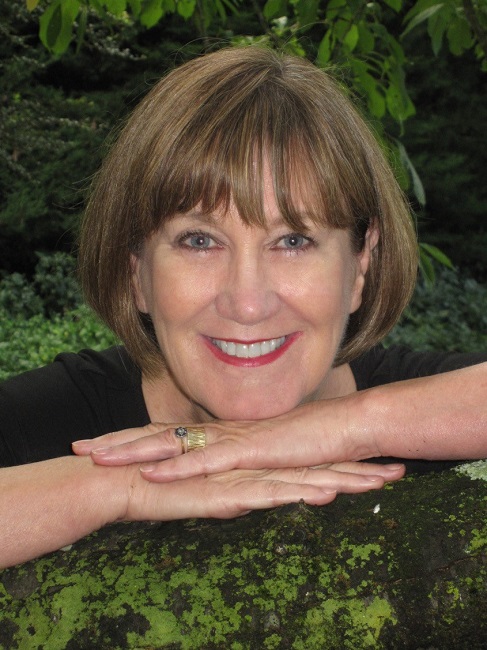
photographer, Chris Arnold
©2019
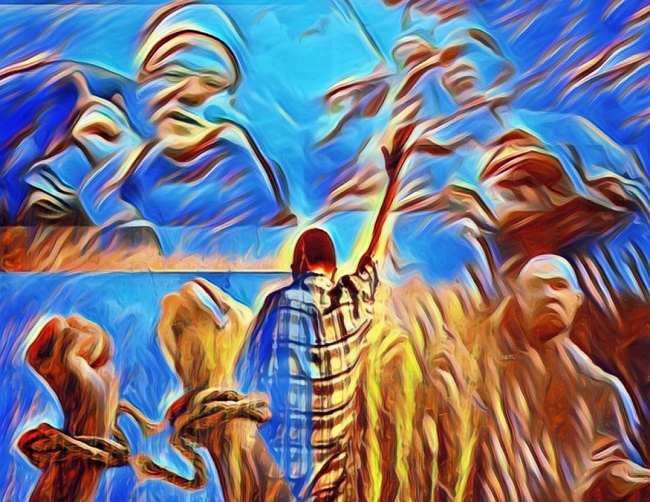

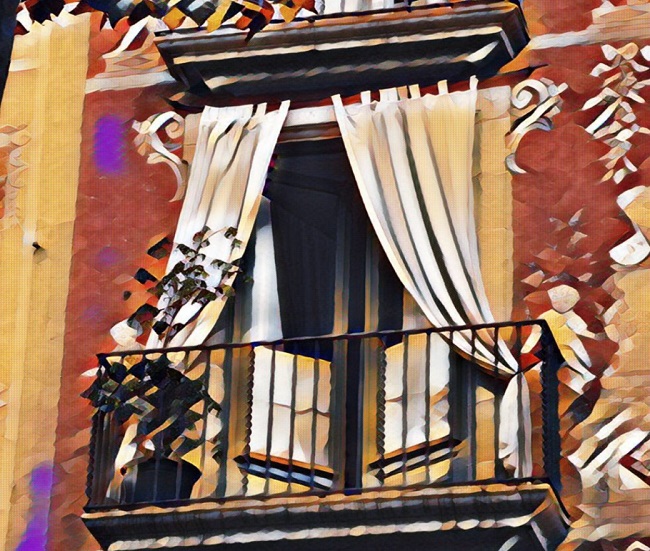


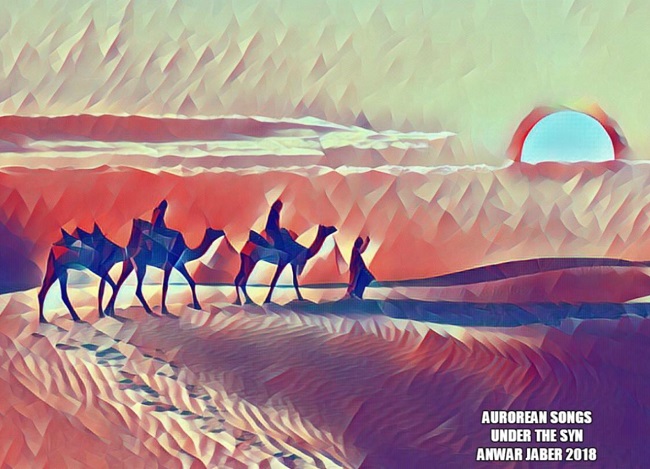

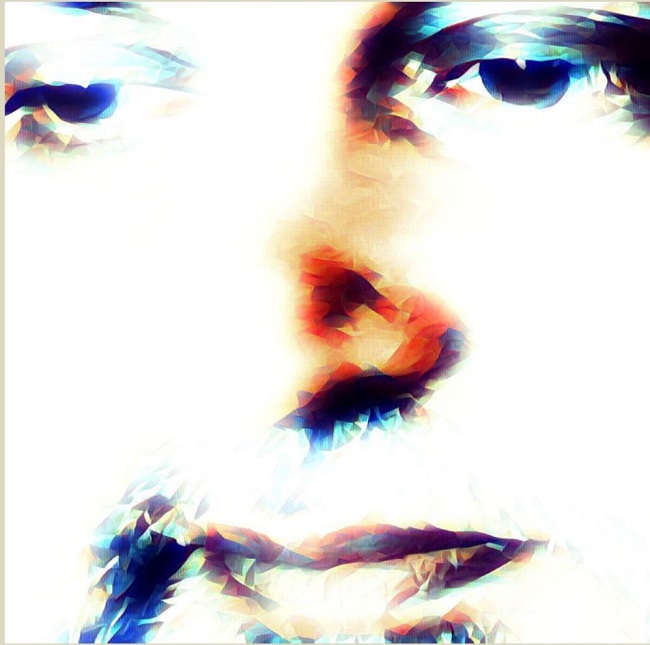
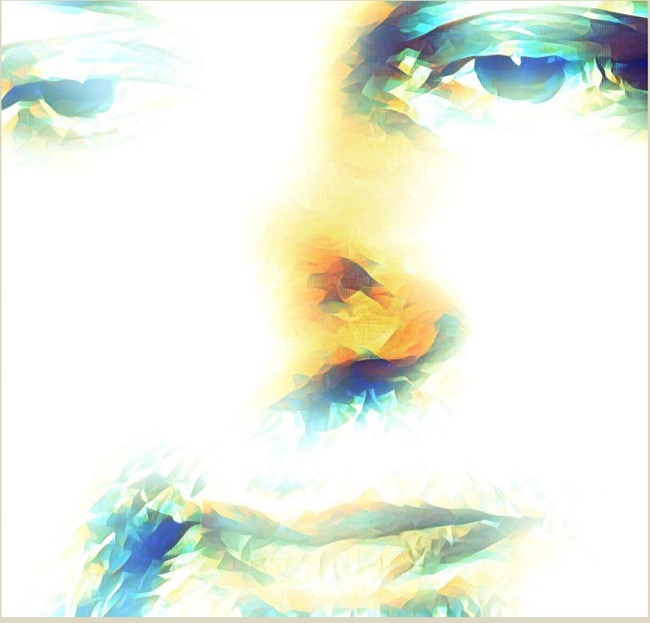
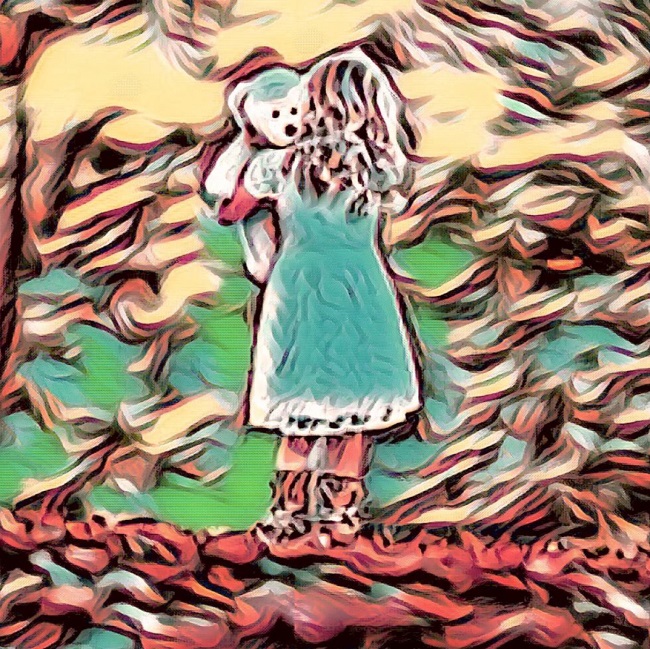
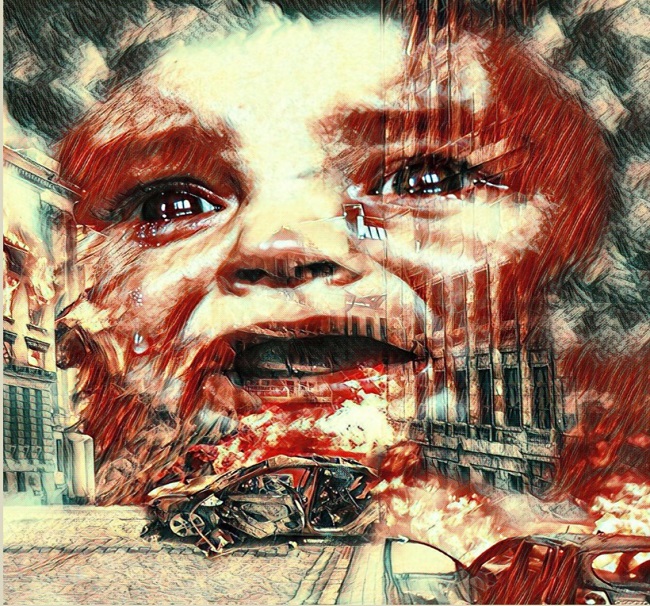
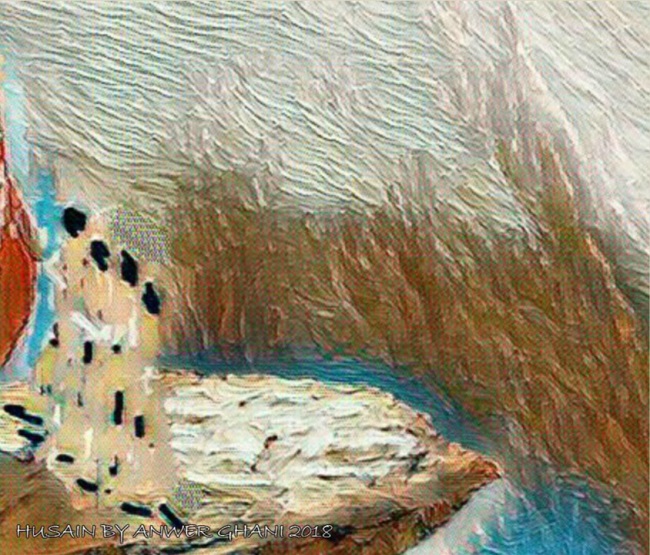
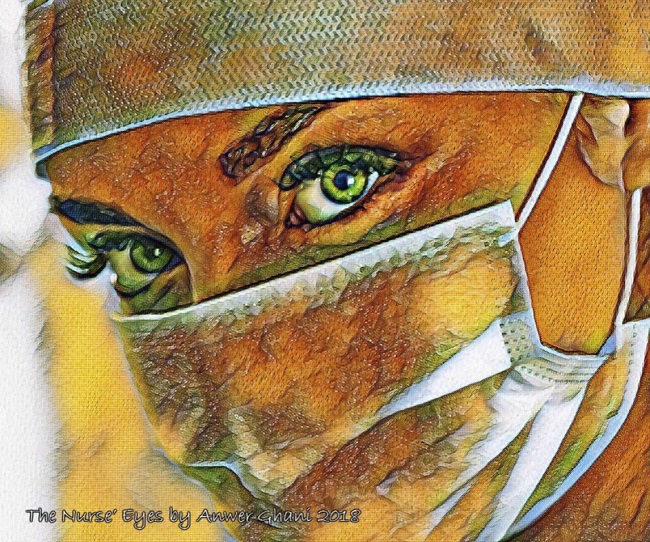






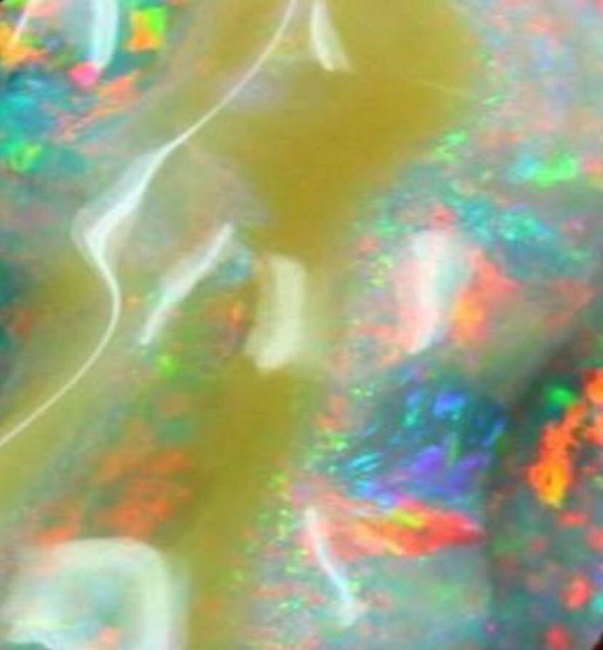
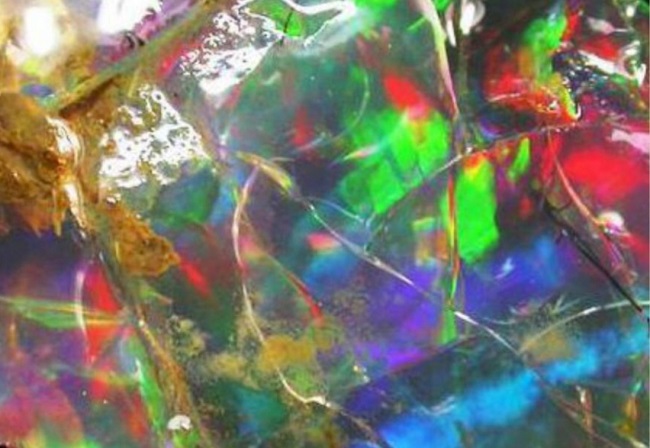

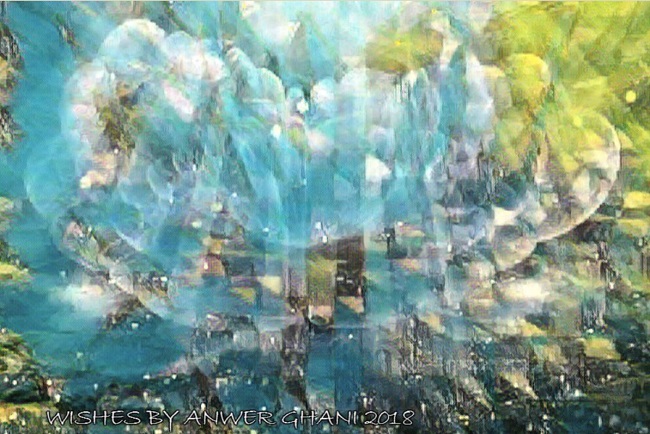
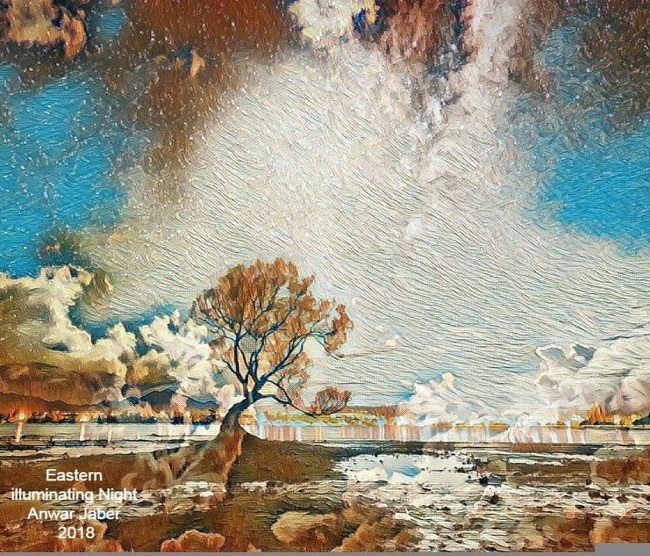


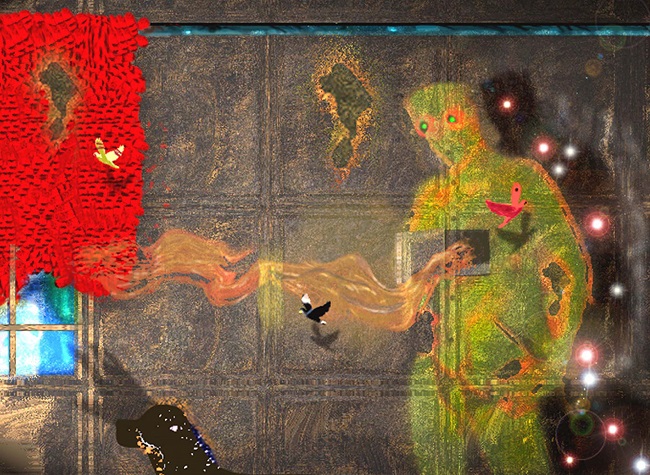
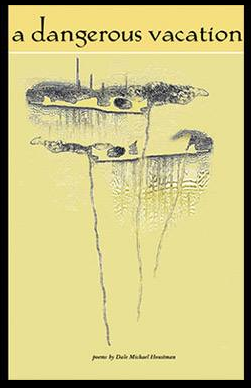
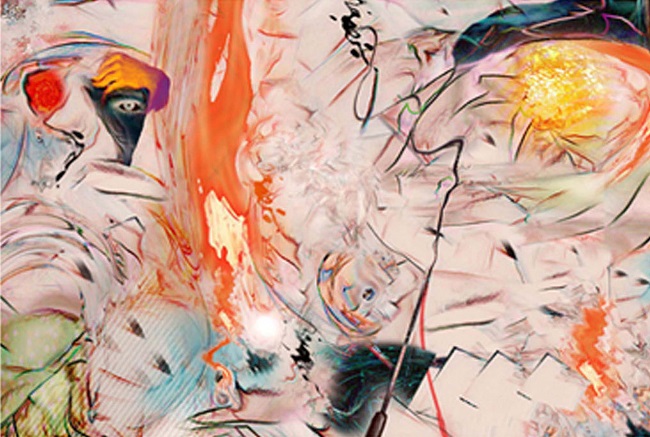
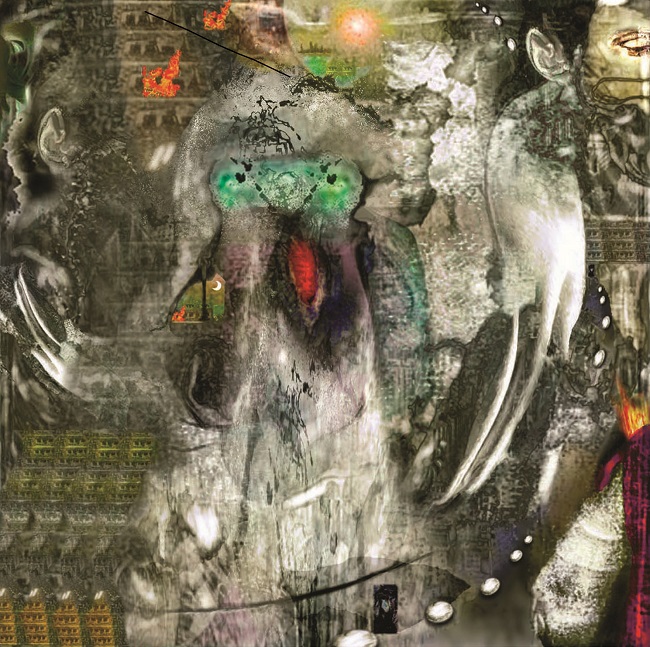
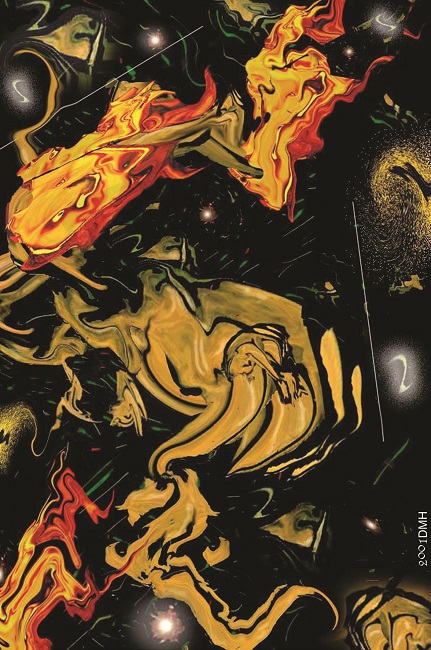
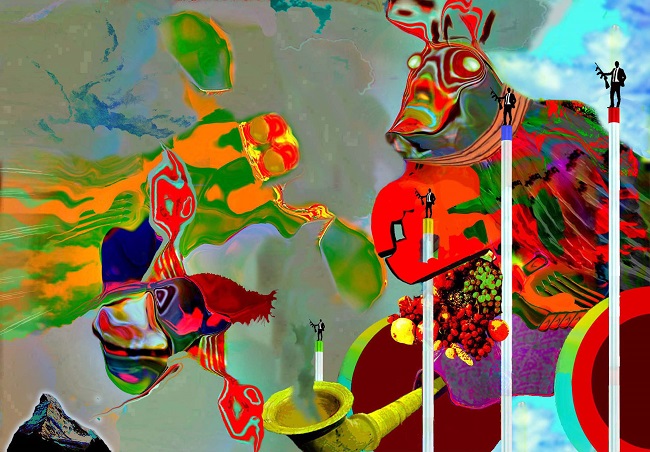
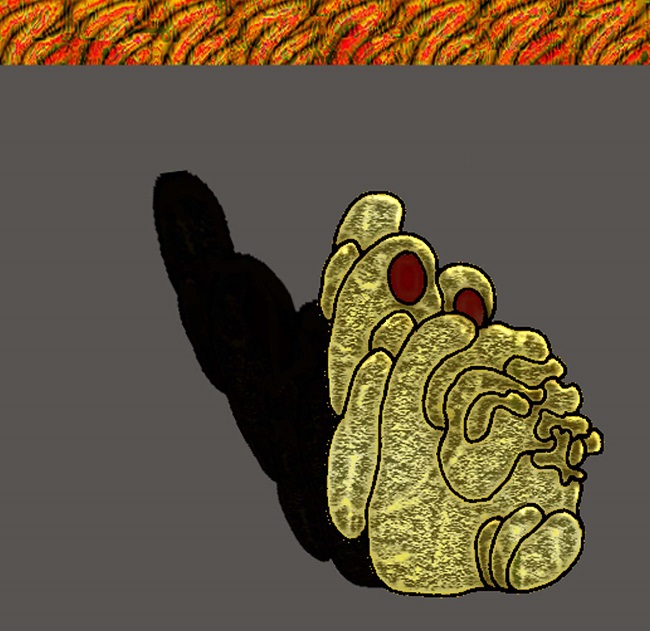


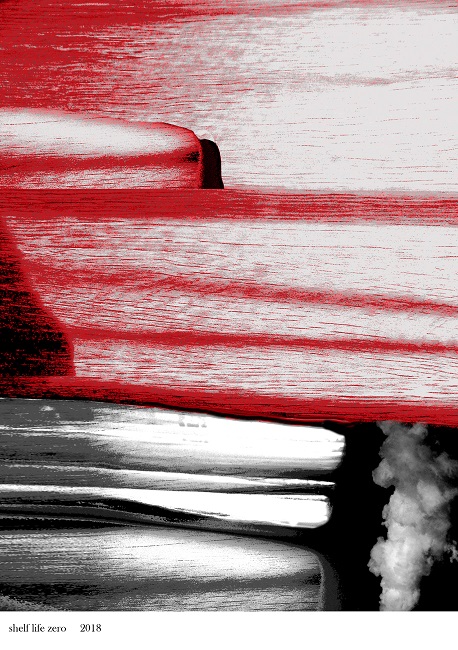
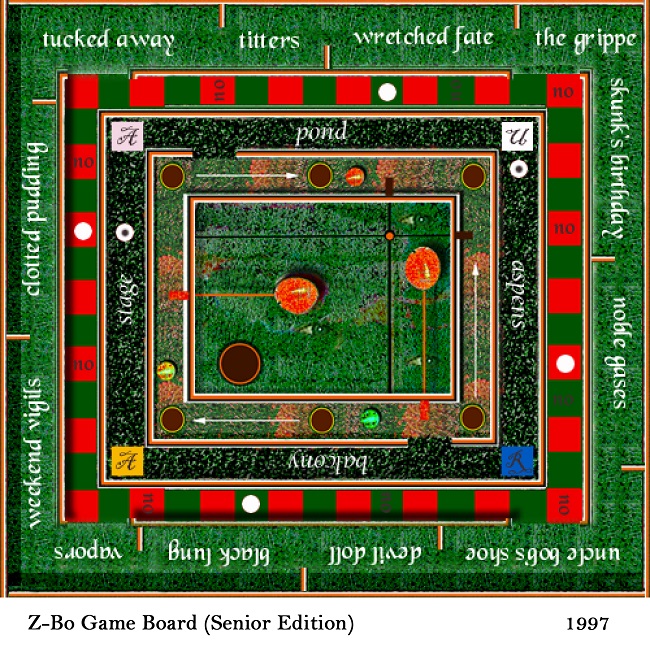
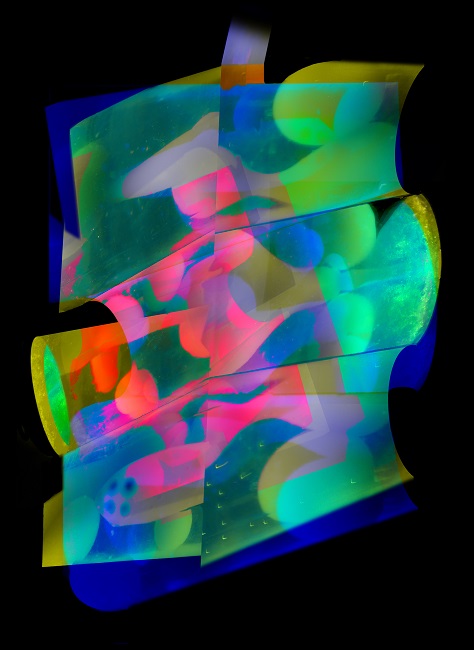
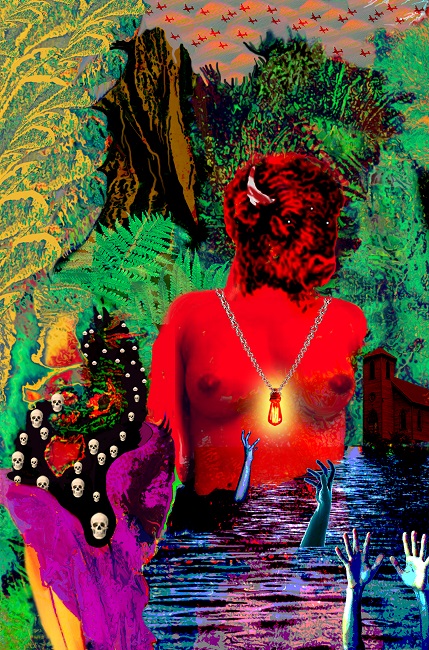
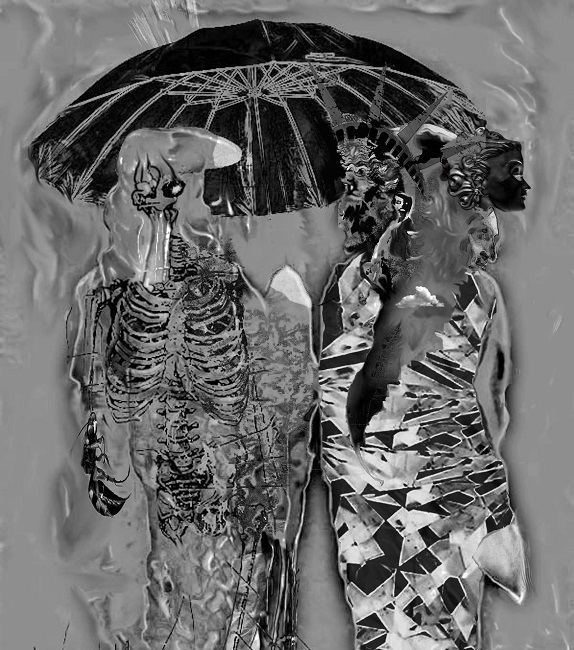
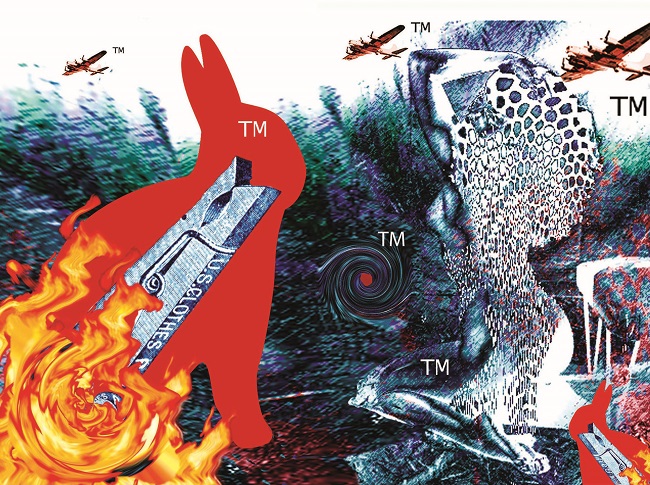
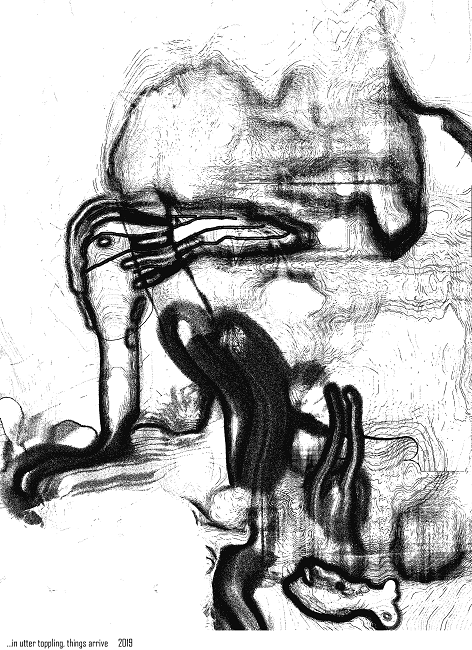
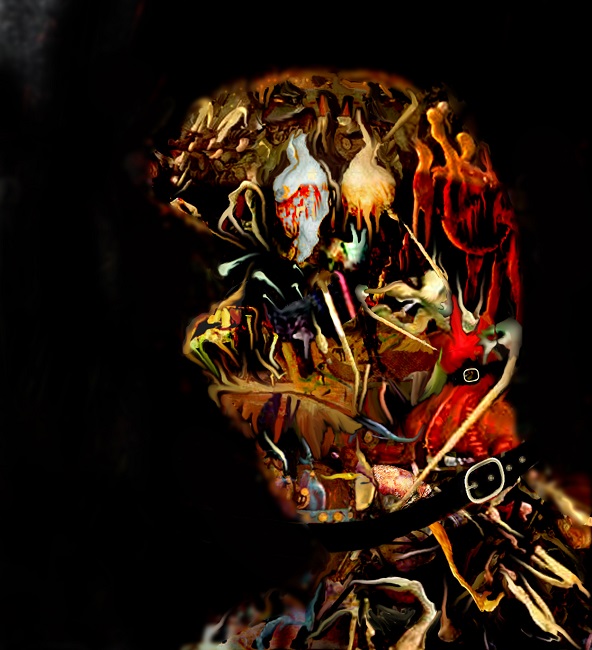
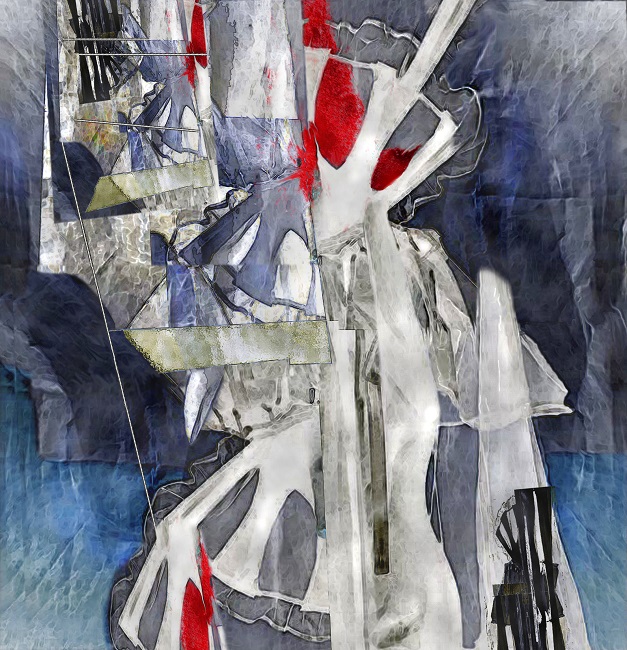
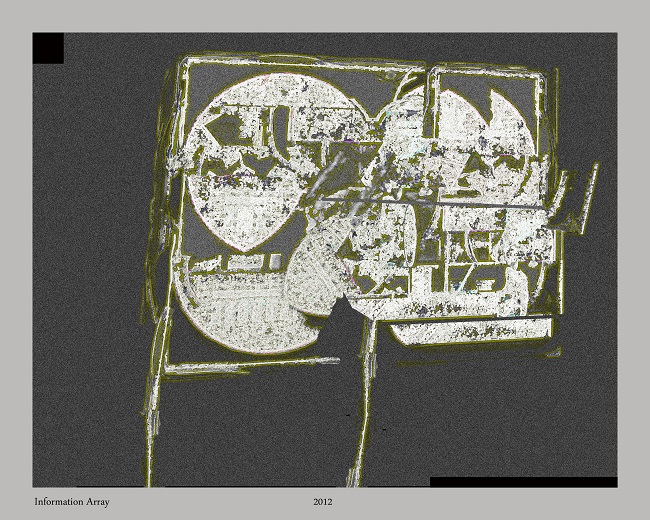
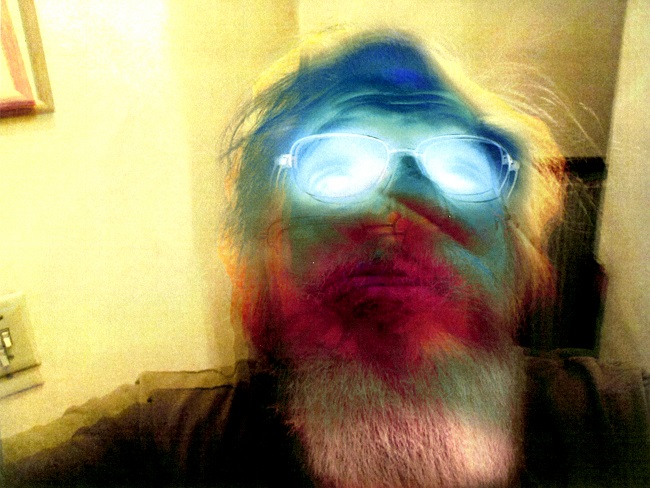
![3.10: sacrifice | short fiction [flash & excerpts from published fiction]–Sandra Arnold](https://diaphanouspress.com/wp-content/uploads/2019/10/SANDRA-BANNER-Family-Group.jpg)

![3.8: ghosts & spectral images–poetry & poetics [interview] by Carolyn Gregory](https://diaphanouspress.com/wp-content/uploads/2019/09/carolyn-TRAVELLERS-AIRSHIP-BY-PRIYESHA-NAIR.jpg)
